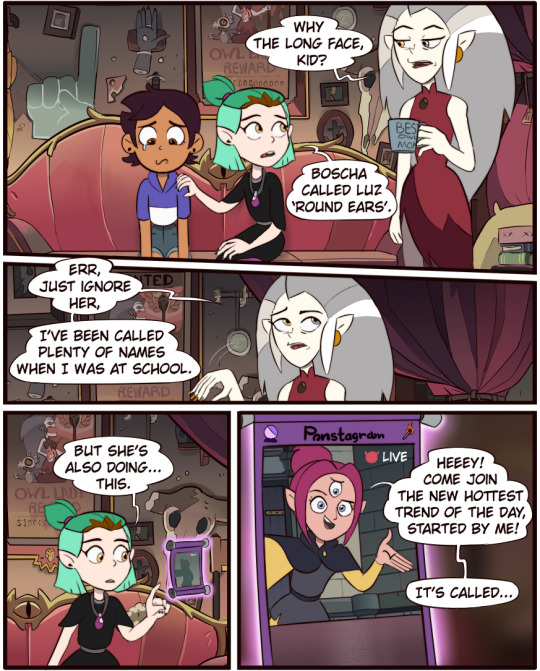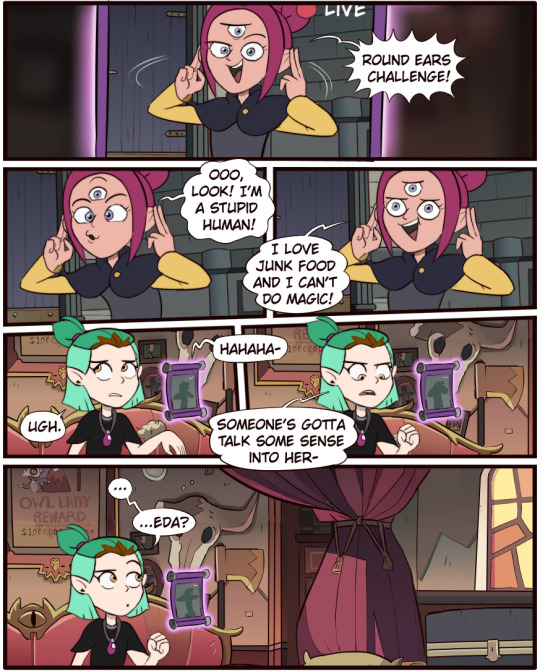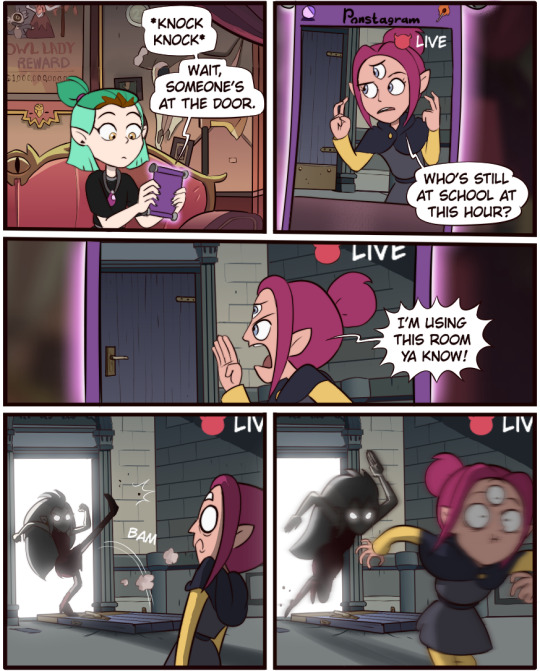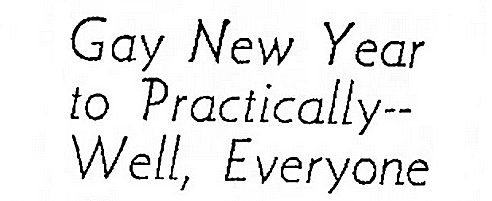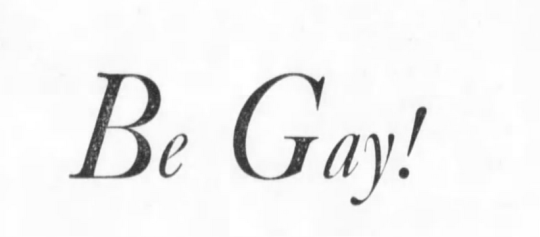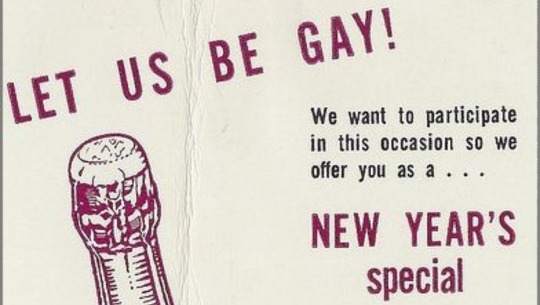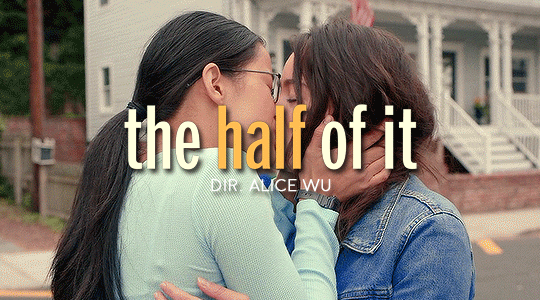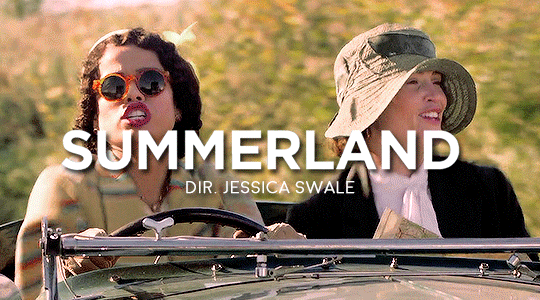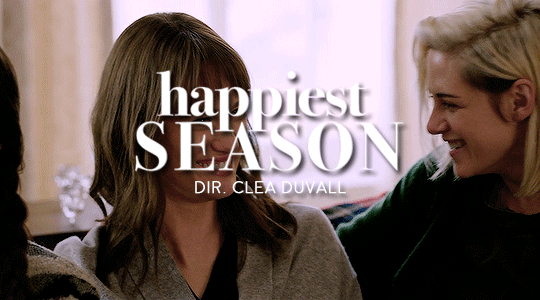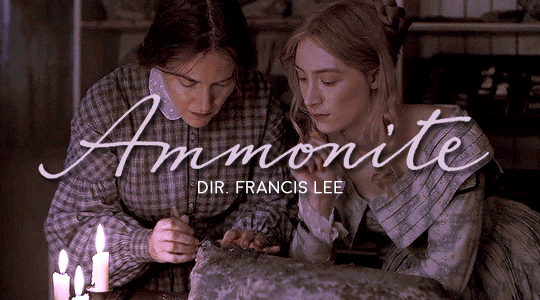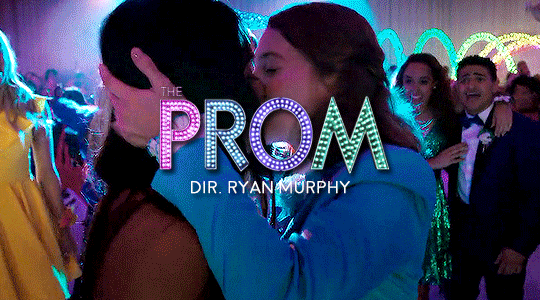Photo
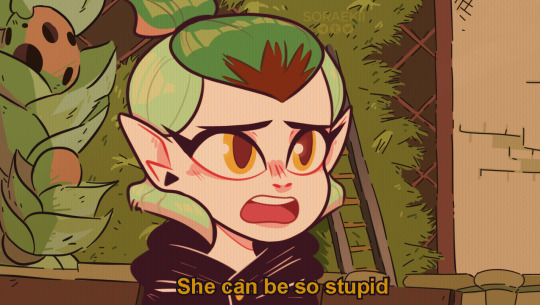
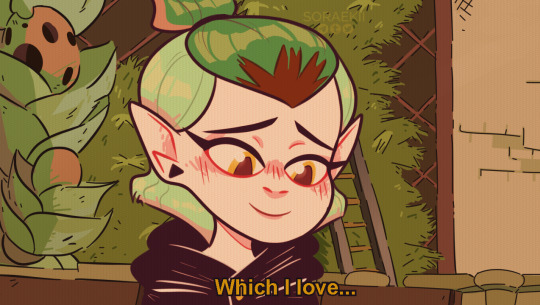

I stan this girl with my life
10K notes
·
View notes
Text
Words to describe someone’s voice :
adenoidal (adj) : some of the sound seems to come through their nose.
appealing (adj): voice shows that you want help, approval, or agreement.
breathy (adj): with loud breathing noises.
booming (adj): very loud and attention-getting.
brittle (adj): if you speak in a brittle voice, you sound as if you are about to cry.
croaky (adj): they speak in a low, rough voice that sounds as if they have a sore throat.
grating (adj): a grating voice, laugh, or sound is unpleasant and annoying.
gravelly (adj): a gravelly voice sounds low and rough.
high-pitched (adj): true to its name, a high-pitched voice or sound is very high.
honeyed (adj): honeyed words or a honeyed voice sound very nice, but you cannot trust the person who is speaking.
matter-of-fact (adj): usually used if the person speaking knows what they are talking about (or absolutely think they know what they are talking about).
penetrating (adj): a penetrating voice is so high or loud that it makes you slightly uncomfortable.
raucous (adj): a raucous voice or noise is loud and sounds rough.
rough (adj): a rough voice is not soft and is unpleasant to listen to.
shrill (adj): a shrill voice is very loud, high, and unpleasant.
silvery (adj): this voice is clear, light, and pleasant.
stentorian (adj): a stentorian voice sounds very loud and severe.
strangled (adj): a strangled sound is one that someone stops before they finish making it.
strident (adj): this voice is loud and unpleasant.
thick (adj): if your voice is thick with an emotion, it sounds less clear than usual because of the emotion.
tight (adj): shows that you are nervous or annoyed.
toneless (adj): does not express any emotion.
wheezy (adj): a wheezy noise sounds as if it is made by someone who has difficulty breathing.
29K notes
·
View notes
Text



12K notes
·
View notes
Photo
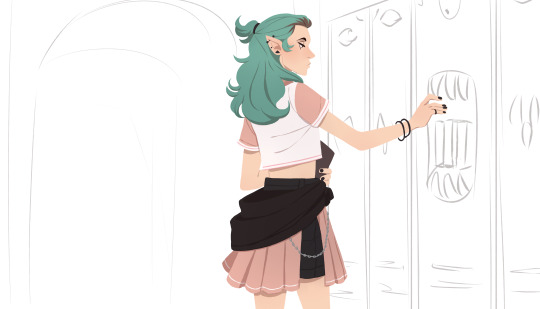
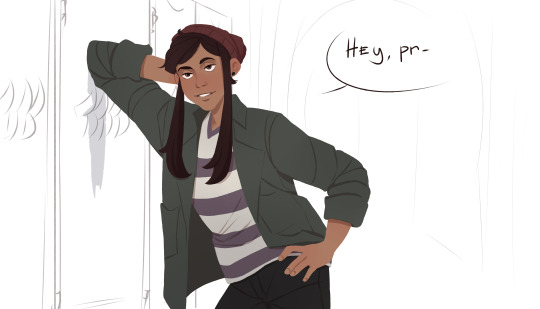
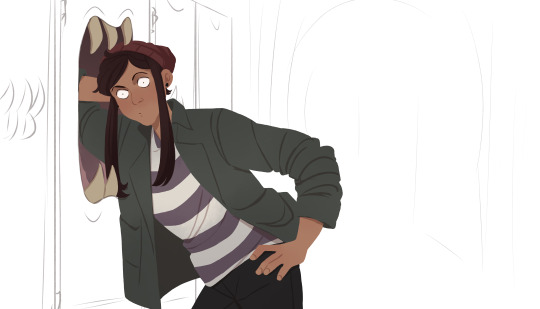
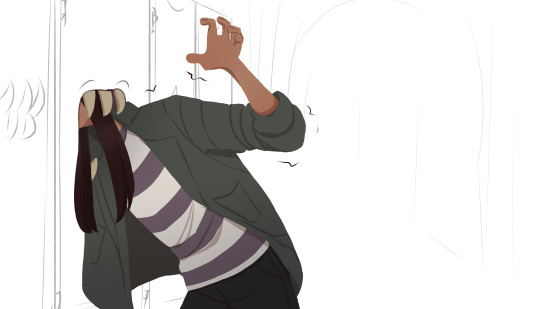
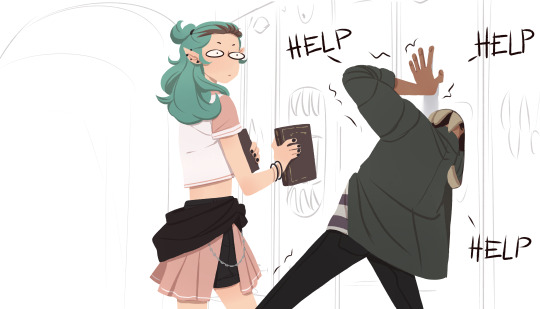
A pretty girl walks by my locker
20K notes
·
View notes
Text
this is a reminder, PSA, reassurance etc etc for anybody who is second guessing their plot.
just because you are writing a book that contains:
a school for magic users
witches, wizards, magical folk
a summer camp (or just camp) for “special” kids
gods/goddesses (Greek Norse etc etc)
people who control the elements
people who hunt demons and other supernatural creatures
people in a dystopian society who break away from the government
people who live in a weird paranormal town
a horror/mystery with terrifying supernatural creatures
a main character who is not female
a main character with dead or missing parents
a character who lives with an abusive parent, family member, or guardian
does not mean it is:
a rip off harry potter (you could probably do better than rowling anyway)
popular and already seen a thousand times
copying Camp Half-Blood or the Parent Trap
a badly written Percy Jackson
an avatar knock off
stolen from the plot of supernatural or shadow hunters
basic, unrealistic, overused
taken from Tim Burton movies or Gravity Falls
trying to be Stephen King or Dean Koontz
sexist, anti-women
stereotypical, a sympathy trap, a typical sob story
inappropriate for younger audiences, a knock version of the Dursley’s or Al Marsh
but it does make it:
magical, a new glimpse at a new magical world, most likely 500x better than rowling’s
witches, wizards and magic folk will never go out of style. magic is so fucking cool and has so much potential for new and different plots, characters etc
fun!! who doesn’t love summer camps in books?? au’s? actual plot settings?? summer camp settings are amazing, top notch, just *chefs kiss*
i mean, we all love loki, so why not give us stories about his kids?? not necessarily fan fic, but seriously, ancient gods and goddesses are so dope and really deserve more modern books written about them.
not used often, and so cool to see societies built around the elements! i don’t think we’ve gotten enough content of different worlds that have powers withdrawn from elements, it’s such a cool and untouched area of magic!!
never overused. i could read books about supernatural creature hunters for the rest of my life. you can make your own creatures!! and add cool human-monster hybrids. god, the possibilities are limitless
weird paranormal towns are just the best. who doesn’t love weird, run down, and low populated towns with a complex supernatural backstory that revolves is crazy shit happening all the time?? if you don’t, you have no taste. sorry but, i don’t make the rules. paranormal small towns always have been and always will be the shit so please keep writing more
BE THE NEXT BIG HORROR WRITER. horror is such a complex genre to write and i honestly admire everyone who can write horror. i don’t think there’s nearly enough horror content coming out these days. give me more, MORE. nothing in that genre is overrated, write about vampires for all i care, sure it’s been done a thousand times, but with your own twist added, you can make something never seen before
i am a female. i dont get offended by main character being anything but. yes, there are far more male mcs than female, (in more popular modern literature) (and don’t get me started about the unrepresentation for non-binary, gender fluid, trans etc in literature. i will never stop ranting about it) but that doesn’t mean not making your mc female a crime.
dead parents are a common way of portraying a mc’s loneliness, lack of affection, lack of restraint, lack of a good parental figure. but, it can also be a good way to represent other things like their relationship with and other family member/guardian, that you’re parental figure doesn’t need to be a blood related parent. honestly, keep the dead parents trope comin, those kids are always awesome anyway
extremely realistic. not everyone has a perfect home life, and it’s important to see that in literature as well. who knows, if your mc escapes their abusive guardian, friend, significant other, it opens up the possibility to helping other in similar situations.
and most important of all, every single wip out there is:
unique
amazing
special
appreciated
awesome
dope as fuck
deserving of awards, praise, and popularity
not to be given up on
important
different
unlike anything else
loved, wanted, and needed
please don’t give up on your wip. it’s all of the above, and really deserves to see the light of being completed, ravished, praised, appreciated. someone out there will love it, i’m sure of that. so keep writing, keeping being awesome, and keep fucking writing. :)
3K notes
·
View notes
Text
Narrative Anchors: How to hold your readers’ attention, wherever you take them.
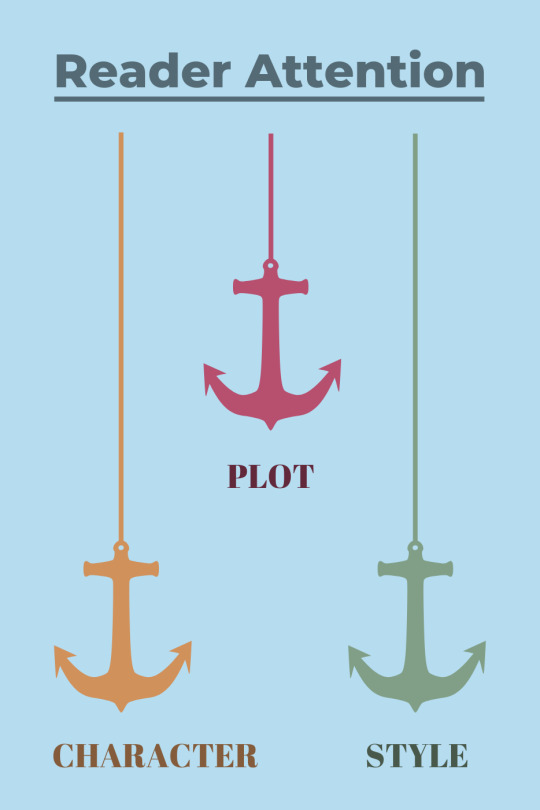
One of my old fiction professors, Tom, used to always grab coffee with us students whenever our story had been workshopped.
We’d meet at the downtown coffee shop, where we fought the flocks of students for a table, pulled out a couple wrinkled copies of the story, and discussed feedback over bland coffee.
It was during one of these discussions that Tom pointed out something I’d stumbled into doing well. (He’s very good at that.)
“I think this is great, Mike,” he said, tapping my story on the table. “From the opening line, the question is whether these two will sleep together, and that grounds us. If my attention ever wavers, I can always fall back on, ‘Oh, well have they slept together yet? No, not yet? Okay, cool. I still know where we are, then, and where we’re headed.’ That makes the story easy to follow.”
This wasn’t, admittedly, a major focus of our conversation. We moved on to discuss more important things (like the story’s key flaws), but somehow that comment stuck with me over the years.
And now, looking back, I realize it was the first time I started thinking about something I’d eventually call “narrative anchors.”
What’s a narrative anchor?
It’s something I made up. But trust me, it’s helpful.
In short, I consider narrative anchors to be the craft elements you include in a story to ground your reader. On the one hand, they can help you craft a story that rings with simple, crystal clarity, and on the other hand, they can empower you to challenge readers with fresh, creative storytelling, without ever losing them at sea.
I put narrative anchors into three categories:
Plot Anchors
Character Anchors
Style Anchors
Plot Anchors
Plot anchors are a clearly defined situation, goal, or destination for a story. Tom (above) pointed out a situational plot anchor in my story, but you’ll find plot anchors everywhere. For example, in Avatar: The Last Airbender, Aang needs to master the four elements and defeat Fire Lord Ozai. We know from the beginning that defeating Ozai is the end-goal, so we feel grounded at every stage of the story, knowing where we’re going.
Moby-Dick, by Herman Melville, is another great example. Ahab is hellbent on hunting down the White Whale, and we never lose sight of that goal, even as the narrative stretches across hundreds of pages.
That’s the point of a plot anchor: to give your reader a clear direction, so they always know where they’re going.
Character Anchors
These anchors are the clear motivations and arcs you give your characters. Disney does this well in their musicals, always using an “I want song” (more about those here) to clearly declare what their main characters want: Mulan wants to express her true self, Hercules wants to find where he belongs, and so on. The rest of the story then circles around that character’s pursuit of their “want.”
When readers have a strong understanding of your character’s motivation and journey, they have a much easier time following the story as a whole.
Style Anchors
Style anchors are my handy little catch-all for every other craft choice you make to bring clarity and simplicity to your work. Style anchors can include: short chapters or paragraphs; simple and accessible language; straightforward writing forms; clarity of description; engagement with the five senses; using a smaller cast of characters; sticking to a single POV; and so on.
Cool. So when (and how) do I use these narrative anchors?
Tip 1: Don’t start with anchors. Start with the story. Take your idea, begin developing the characters and plot, and start writing.
Tip 2: As you write and revise, start thinking about anchors. Ask yourself what kinds of anchors you already have in place, what others may be helpful to add, and whether or not you’re doing enough to ground your readers in the story.
Tip 3: Consider your audience. Readers of popular fiction will want to be reasonably grounded, so you should try to always use at least a few anchors. But if your audience likes super artsy, experimental fiction, you may be able to get away with fewer tethers.
Tip 4: That being said, don’t be afraid to challenge your readers, whoever they are. If you want to get creative, go for it. If you want to experiment with form, language, plot, character arcs, or whatever, PLEASE do!
Tip 5: But when you challenge readers one way, try to compensate by grounding them in other ways. For example, maybe your story lacks a clear plot anchor, but you include a character with a clear arc and motivation. Or maybe your story is incredibly challenging on a stylistic level, but you give readers a clear character motive and plot (this was my experience reading Moby-Dick).
Tip 6: If big anchors don’t fit, consider smaller ones. For example, if your story lacks a BIG plot anchor like defeating Fire Lord Ozai, maybe use smaller plot anchors to drive individual sections of the book. Or maybe instead of a BIG declaration of your character’s motive at the beginning, include little anchors for your narrator that act like breadcrumbs for their motives and development.
Tip 7: Mix and match anchors as necessary, because there is no magic formula.
Long story short?
Write the story you want to write — then use narrative anchors to keep your readers reading, wherever your story takes them.
Tom may not have said that all in so many words, but if I bought him a coffee, I bet he’d agree.
Good luck, everybody, and good writing!
— — —
Your stories are worth telling. For tips on how to craft meaning, build character-driven plots, and grow as a writer, follow my blog.
6K notes
·
View notes
Text
Person: Your writing is so good!
Me:
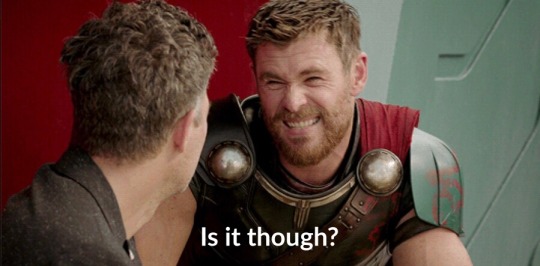
139K notes
·
View notes
Photo
AWWW
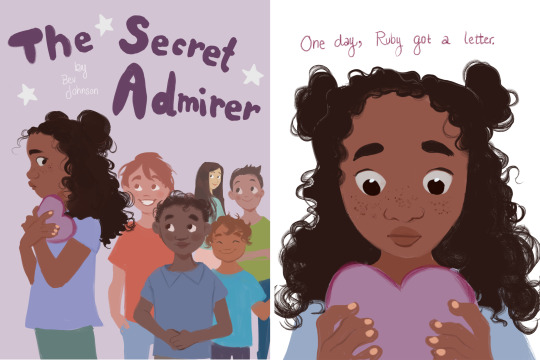
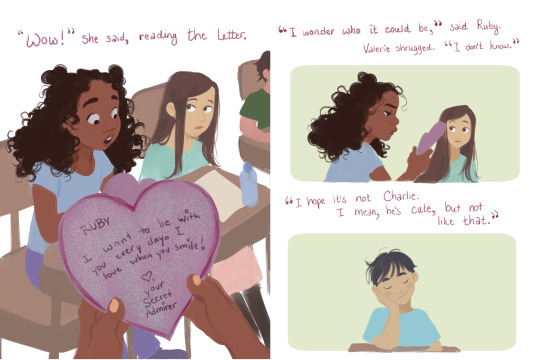
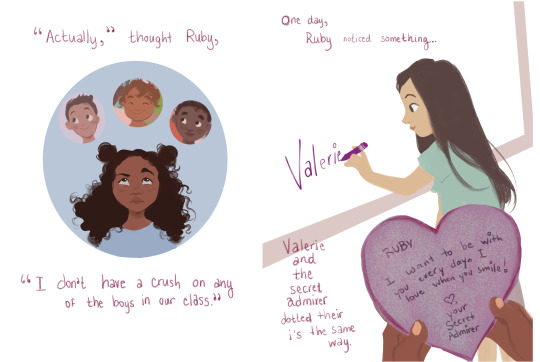
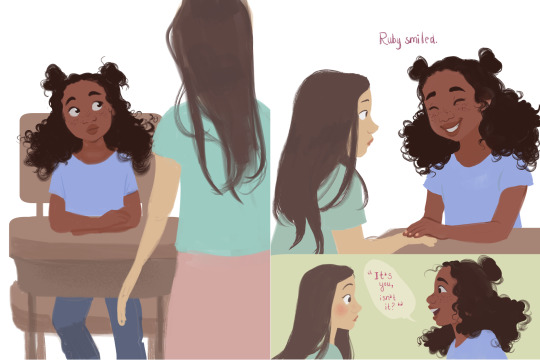
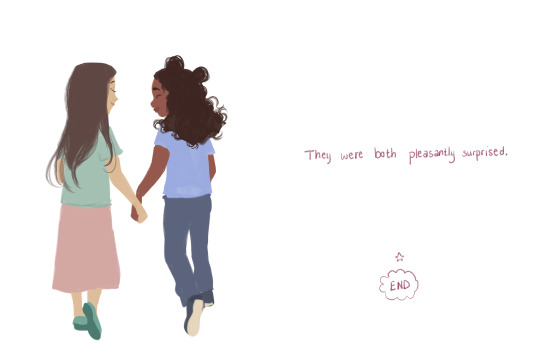
made a tiny picture book for class. i wanted to challenge the idea that girls loving other girls is somehow adult/inappropriate
216K notes
·
View notes
Photo
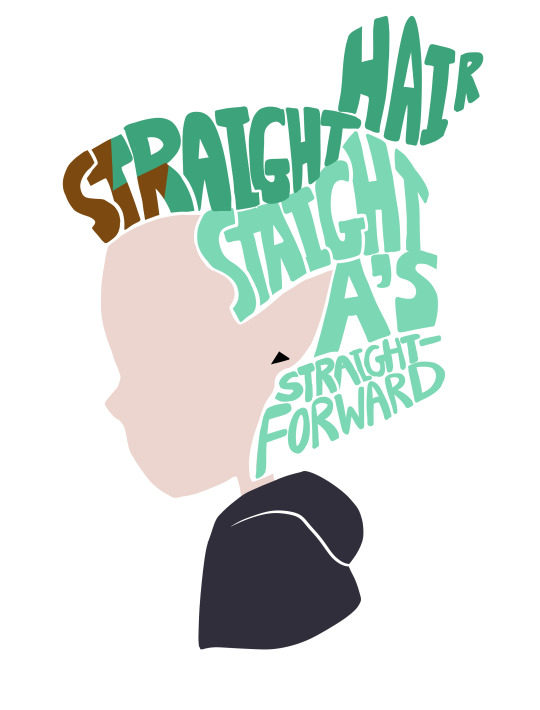
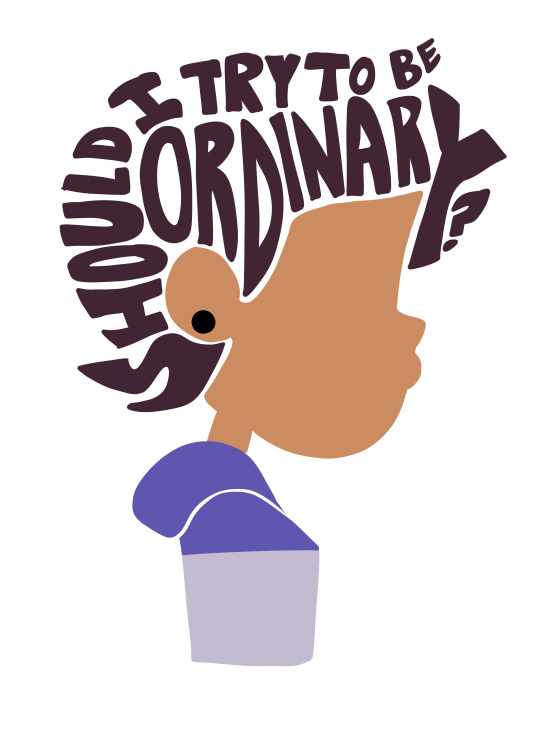
Man if I had a merch shop, I would definitely put these up as designs
3K notes
·
View notes
Photo
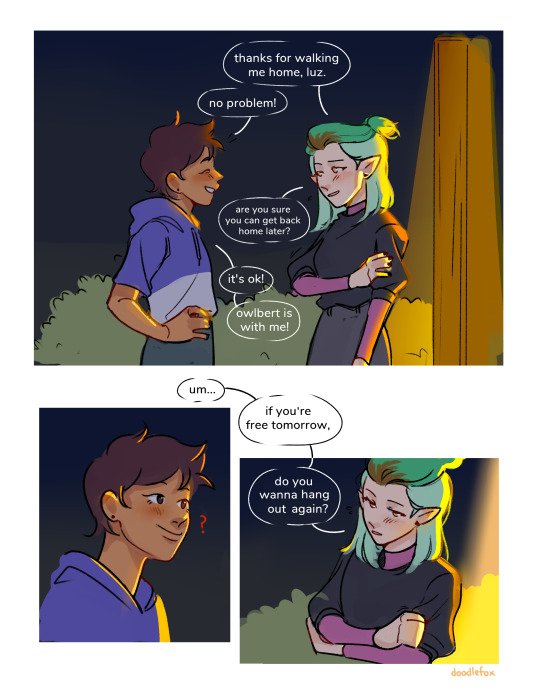
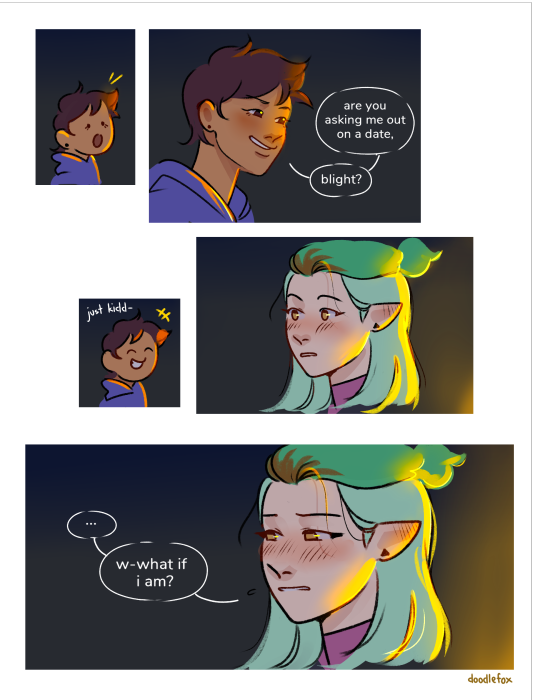

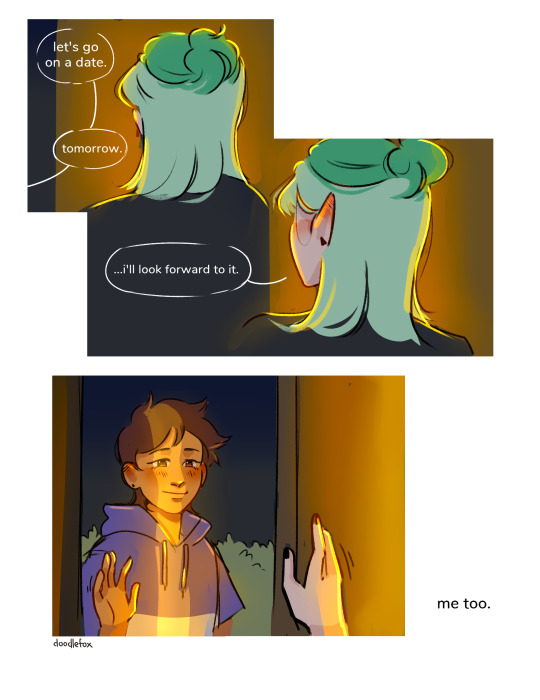

lets go on a date
15K notes
·
View notes
Text
Alright ladies we need another lesbian icon aside Thor so i present:
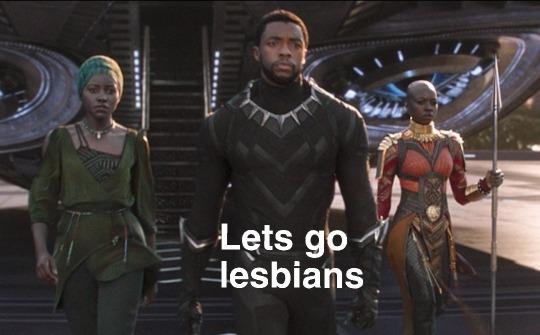
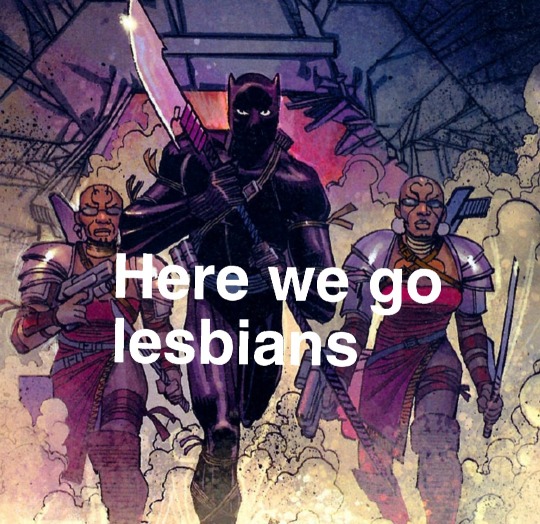
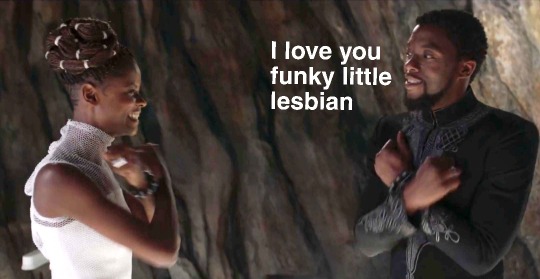
T'challa, king of the lesbians
228K notes
·
View notes
Photo
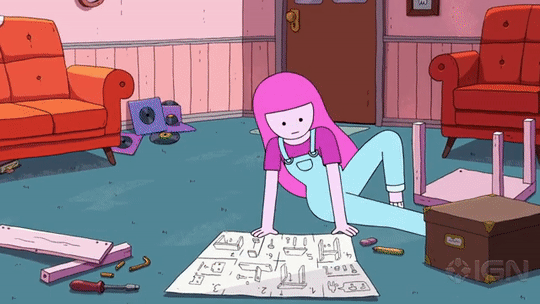
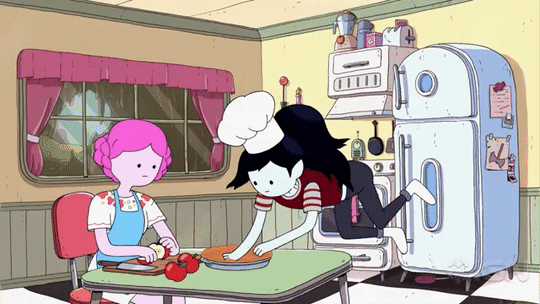
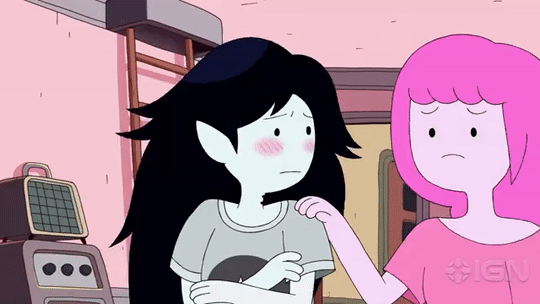

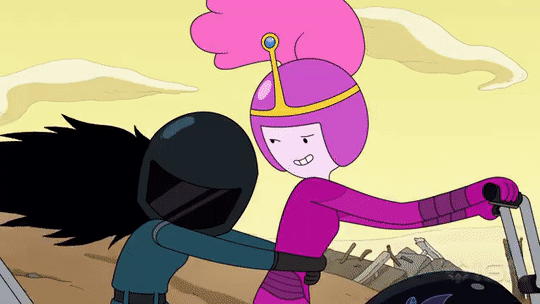
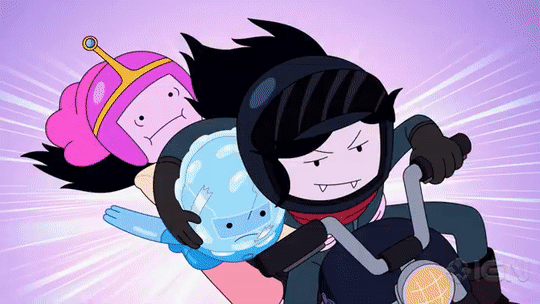
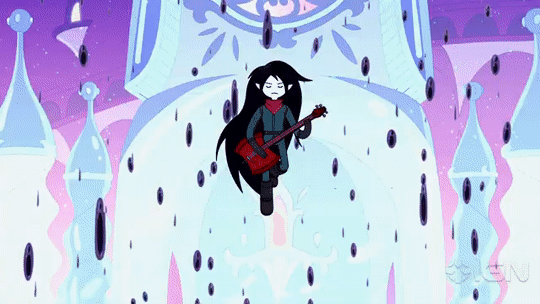
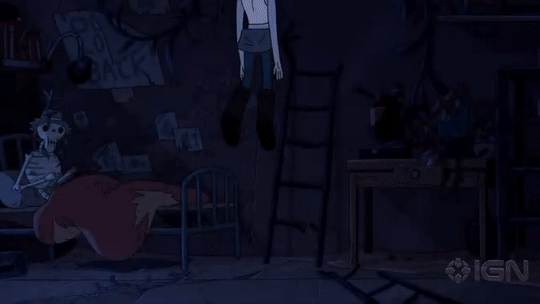
Adventure Time: Distant Lands - Obsidian (Trailer)
17K notes
·
View notes
Text
Try me pretty girl ;))
what if i rubbed my face on you like a cat because I love you? huh? what then?
114K notes
·
View notes
Photo
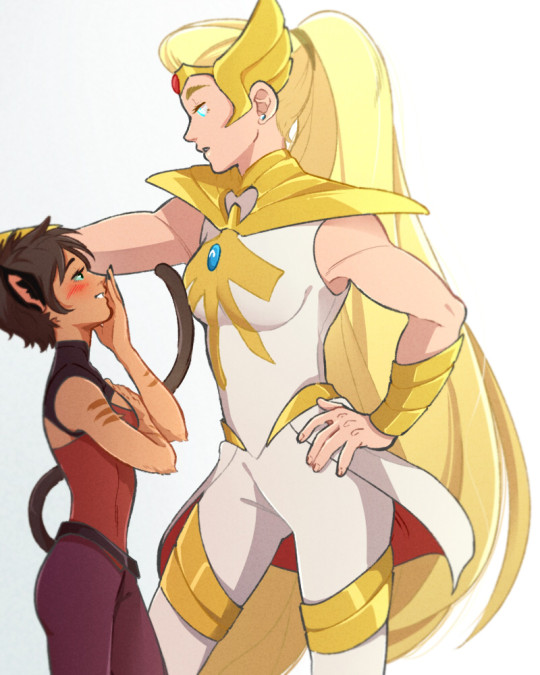
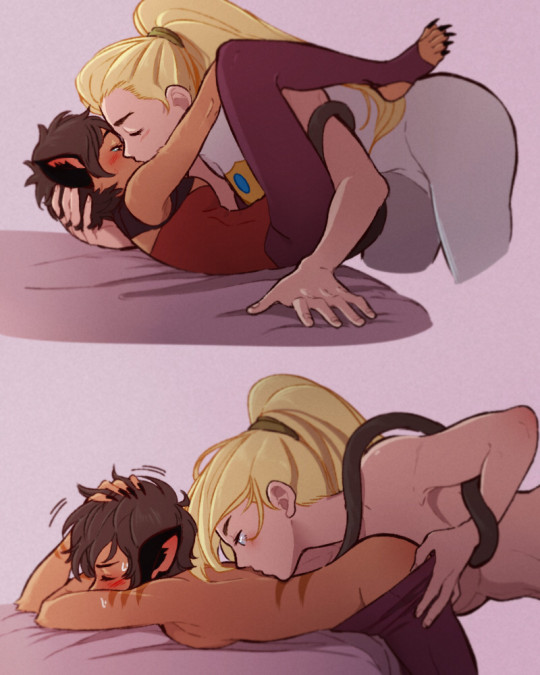


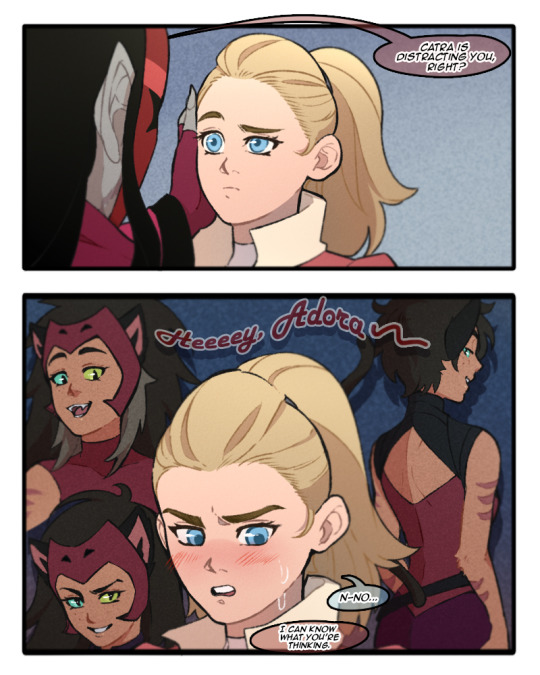

Catradora
8K notes
·
View notes
